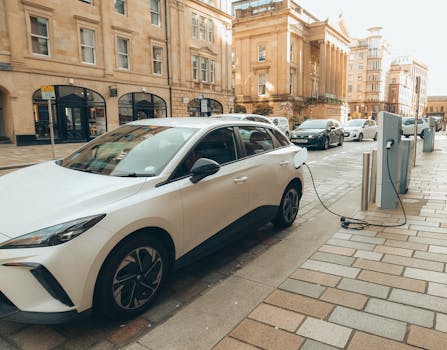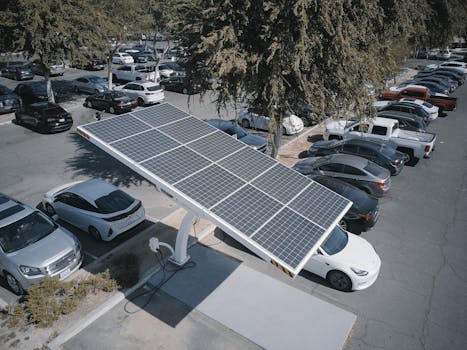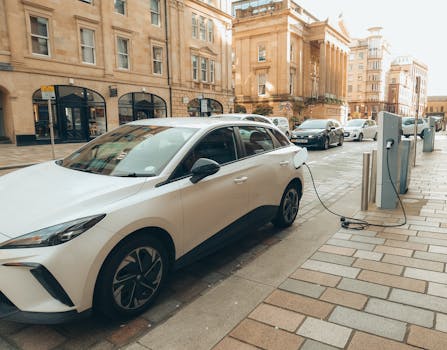
Smart Cities: Urban Trends for 2025
Smart Cities are revolutionizing the way we live, work, and interact with our urban environments. As we approach 2025, it’s essential to understand the latest trends and innovations shaping the future of cities. In this article, we’ll explore the top urban trends for 2025, from smart infrastructure to sustainable living.
Introduction to Smart Cities

Smart Cities are urban areas that leverage technology and data to create more efficient, sustainable, and livable environments. The concept of Smart Cities has been around for decades, but recent advancements in technology have accelerated its growth and adoption. Today, cities around the world are investing heavily in smart infrastructure, from intelligent transportation systems to smart energy grids.
Top Urban Trends for 2025

So, what are the top urban trends shaping the future of cities in 2025? Here are some of the most exciting developments:
- Smart Infrastructure: Cities are investing in smart infrastructure, including intelligent transportation systems, smart energy grids, and advanced water management systems.
- Sustainable Living: Sustainable living is becoming a top priority, with cities implementing green initiatives, reducing carbon emissions, and promoting eco-friendly transportation.
- Internet of Things (IoT): The IoT is transforming urban living, with connected devices and sensors monitoring and managing everything from traffic flow to energy consumption.
- Artificial Intelligence (AI): AI is being used to optimize city operations, from predictive maintenance to smart policing.
- Electric Vehicles: Electric vehicles are becoming increasingly popular, with cities investing in EV charging infrastructure and promoting sustainable transportation.
Benefits of Smart Cities

So, what are the benefits of Smart Cities? Here are some of the most significant advantages:
- Improved Quality of Life: Smart Cities can improve the quality of life for citizens, with better transportation, healthcare, and education.
- Increased Efficiency: Smart Cities can optimize city operations, reducing waste and improving resource allocation.
- Enhanced Sustainability: Smart Cities can reduce carbon emissions, promote sustainable living, and protect the environment.
- Economic Growth: Smart Cities can attract businesses, create jobs, and stimulate economic growth.
Challenges and Opportunities

While Smart Cities offer many benefits, there are also challenges and opportunities to consider:
- Cybersecurity: Smart Cities are vulnerable to cyber threats, requiring robust security measures to protect citizen data and infrastructure.
- Privacy Concerns: Smart Cities often rely on data collection and surveillance, raising concerns about citizen privacy and civil liberties.
- Equity and Access: Smart Cities can exacerbate existing social and economic inequalities, requiring careful planning to ensure equal access to benefits and opportunities.
Conclusion

In conclusion, Smart Cities are revolutionizing the way we live, work, and interact with our urban environments. As we approach 2025, it’s essential to understand the latest trends and innovations shaping the future of cities. By embracing smart infrastructure, sustainable living, and technological innovation, we can create better, more livable cities for all.



